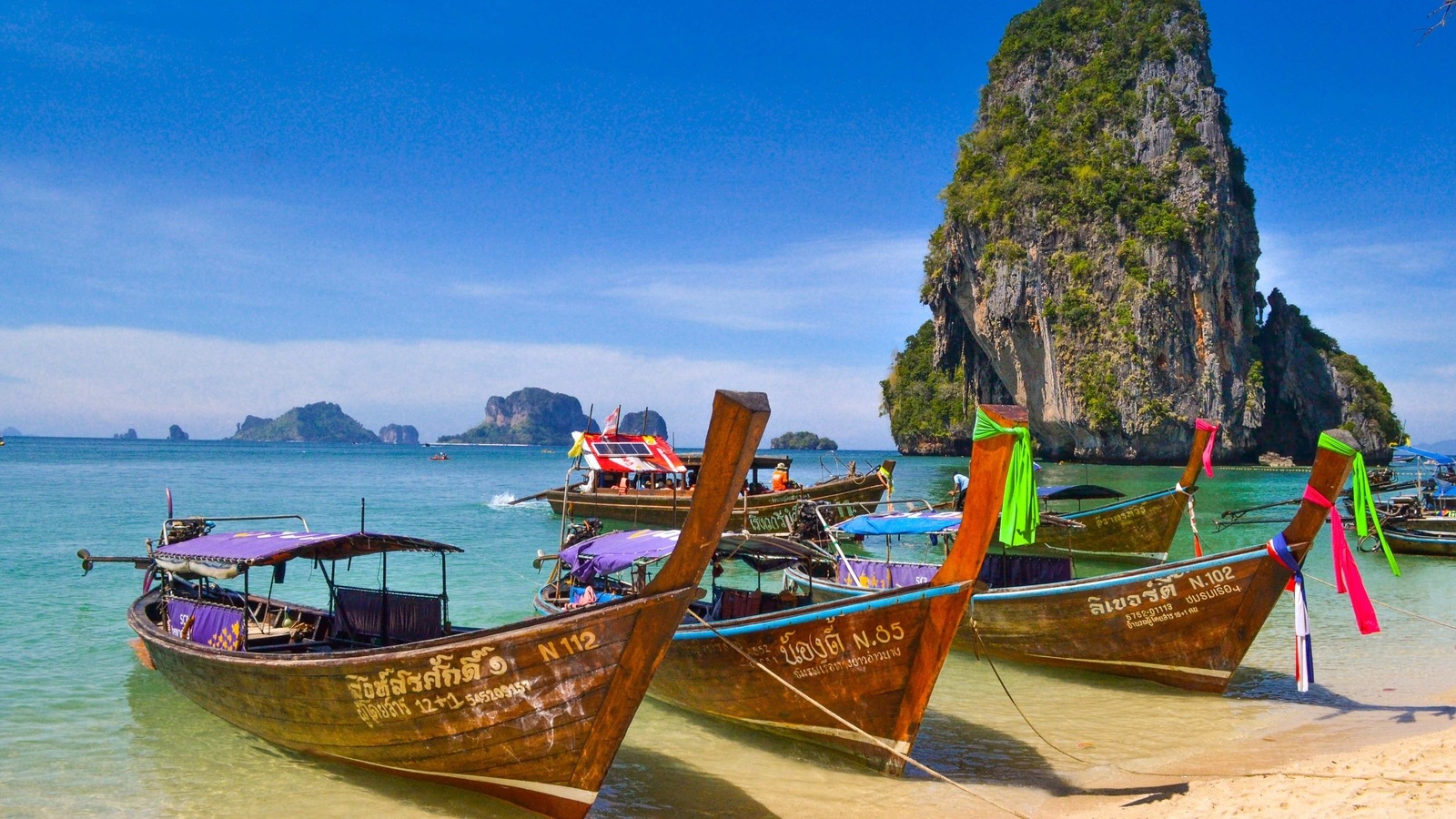Picture this—you’re lounging in a Thai beachfront resort, sipping a chilled coconut, and life feels perfect. But behind that postcard view, Thailand’s hotel industry is silently grappling with a brewing storm. What’s going on? Well, two heavyweights have stepped into the ring: US tariffs and a global economic slowdown. And the hospitality sector in Thailand is taking some serious hits.
If you’re wondering how a hotel in Phuket or Chiang Mai could possibly be affected by something happening thousands of miles away in Washington, D.C.—buckle up. Let’s unpack what’s going on, why it matters, and how it could even affect your next tropical vacation.
The Economic Ripple Effect: When the World Sneezes, Tourism Catches a Cold
You’ve heard the saying, “When the US sneezes, the world catches a cold”? Well, Thailand’s tourism sector is sniffling big time. Let’s break this down in plain English.
When the US slaps tariffs on other countries—especially on Chinese goods—it sets off a global chain reaction. China gets hit, businesses slow down, and people start tightening their wallets. Since Chinese tourists make up a huge chunk of visitors to Thailand, any economic stress over there can lead to fewer travelers heading to Thai shores.
Now add in the bigger picture: rising inflation, slowing global growth, and shrinking household incomes. What do people cut first when money’s tight? Vacations. And boom—Thai hotels find themselves with empty rooms and anxious owners.
Domestic Woes: It’s Not Just the Foreigners Who Are Holding Back
While international factors are hitting hard, domestic issues aren’t helping either. Thailand’s own economy has been limping along post-pandemic, and that’s squeezing local tourism too.
Rising household debt, high living costs, and low consumer confidence are pushing Thai locals to cut back on discretionary spending—yes, that includes weekend getaways and family staycations. Many hotels that were counting on local tourists to fill in the gap left by foreign visitors are finding themselves in a bind.
On top of that, hotel owners are facing their own mountain of problems—higher energy bills, labor shortages, and increasing costs of imported materials thanks to—you guessed it—tariffs and supply chain disruptions.
How Are Hotels Coping? Some Smart, Some Struggling
Let’s be real—some hotels are innovating their way out of the mess, while others are barely hanging on. Here’s how different categories of hotels are reacting:
| Hotel Type | Challenge Faced | Coping Strategy |
|---|---|---|
| Budget Hotels | Low occupancy, price wars | Offering deep discounts, focusing on locals |
| Mid-range Hotels | Higher operational costs, fewer guests | Cutting back on staff, limited amenities |
| Luxury Resorts | Fewer international bookings, high fixed costs | Pivoting to long-stay packages and digital nomads |
| Boutique Hotels | High competition, online visibility issues | Investing in online marketing, influencer tie-ups |
Hotels that adapt and market themselves smartly (think work-from-resort deals, local experiences, wellness packages) are surviving. But many smaller, family-run places? They’re disappearing—fast.
Tariffs: The Silent Killer Behind the Scenes
You might not immediately connect tariffs with hotels. After all, they’re not exporting goods, right? But here’s the twist: hotels rely heavily on imported items—electronics, kitchen equipment, construction materials, luxury toiletries. When US-China tariffs disrupt the global flow of goods, prices shoot up everywhere, including in Thailand.
This means:
-
Renovations become more expensive
-
Utility equipment (like ACs and generators) costs more
-
Imported food items for international guests see price hikes
Hotels are being forced to either absorb the costs or pass them on to customers—which is a risky move in a price-sensitive market.
The Role of Online Travel Agencies (OTAs): A Double-Edged Sword
Another key player in this game? OTAs like Booking.com and Agoda. While they help hotels get international exposure, they also take hefty commissions—often up to 20%. When bookings are low, these fees feel like a gut punch.
Smaller hotels are stuck. Ditch the OTAs and lose visibility, or stay and lose margins? It’s a tough call.
Government Support: Is It Enough?
Thailand’s government has introduced several stimulus packages and tourism campaigns like “We Travel Together” to boost local travel. But honestly? It’s a short-term band-aid on a long-term wound.
Many hotel owners say the support is too little, too slow, and mostly favors larger chains. Small players—who make up the bulk of the industry—often struggle to access relief funds or comply with complex requirements.
What’s really needed is:
-
Low-interest loans for SMEs
-
Training programs for digital marketing and management
-
Incentives for eco-tourism and sustainable operations
Without a long-term vision, the hotel industry risks a very uneven recovery.
Looking Ahead: Is There Light at the End of the Tunnel?
Despite all the doom and gloom, it’s not all bad news. Travel demand is slowly picking up. Countries are reopening. Visa processes are getting easier. And travelers are itching to explore again.
The key lies in adaptability. Hotels that focus on local experiences, value-for-money packages, and online visibility will rise. Sustainability and wellness are hot trends—those who align with them can attract a new wave of conscious travelers.
Technology will also play a big role—think contactless check-ins, AI chatbots for service, and personalized guest experiences through data.
Conclusion: Thai Hotels Must Evolve or Get Left Behind
In a nutshell, Thailand’s hotel industry is in a tricky spot. With international pressures like US tariffs and a sluggish global economy colliding with domestic challenges, hotels are facing a real test.
But as with any challenge, there’s also opportunity. Hotels that embrace change, listen to what travelers want, and get creative with their offerings can still thrive. The beach is still beautiful, the food is still amazing, and Thailand still has that magnetic charm—hotels just need to weather this storm with smart sails.
